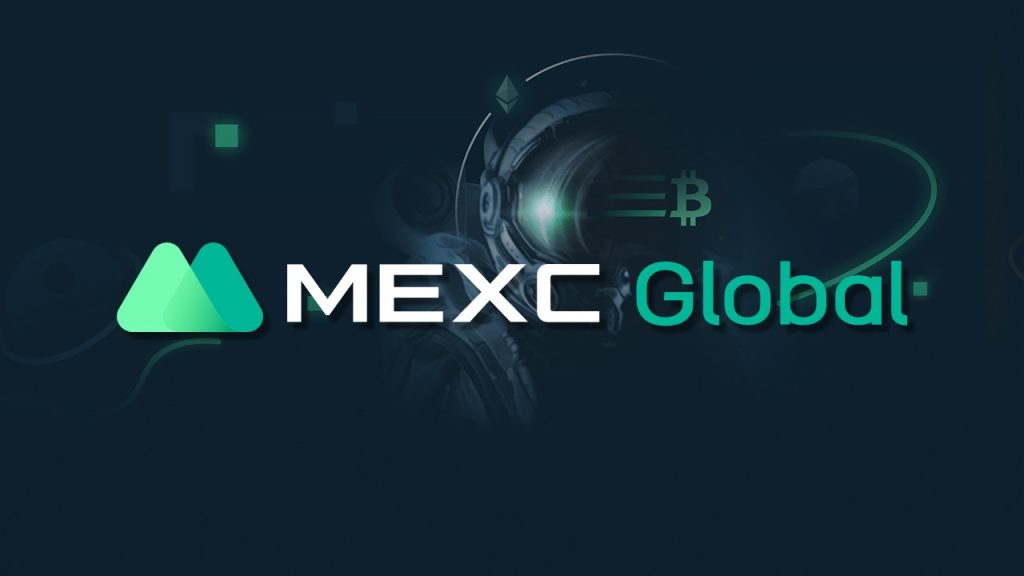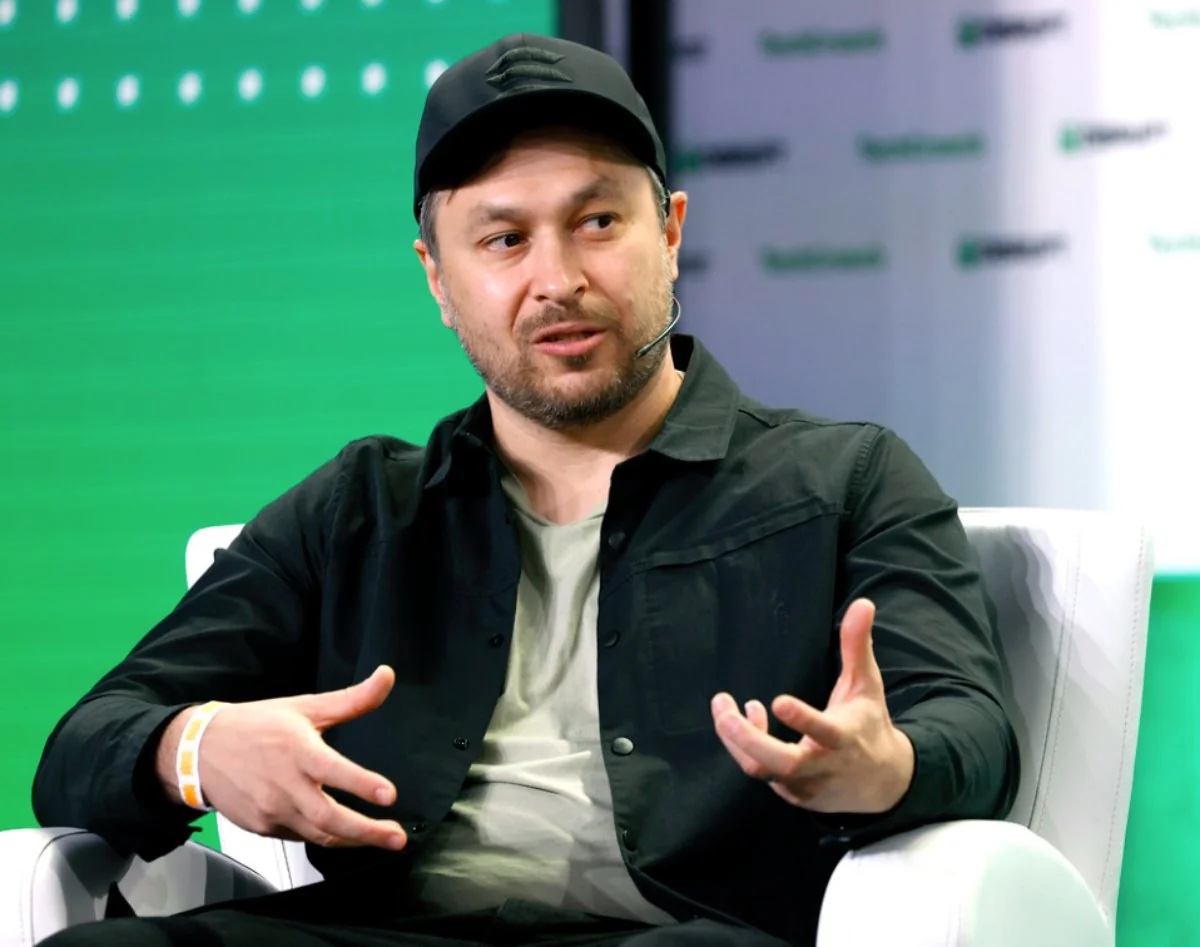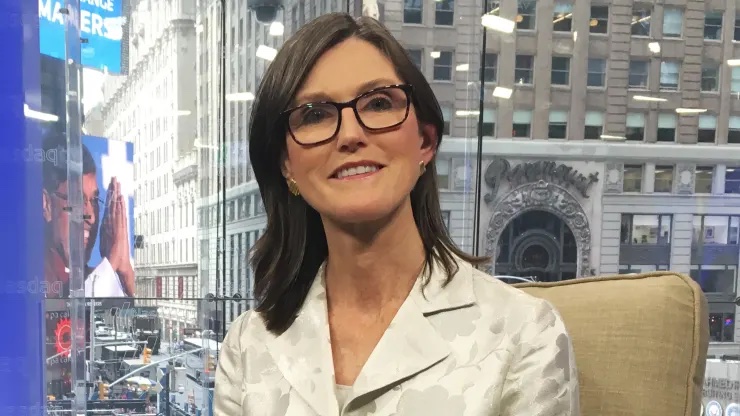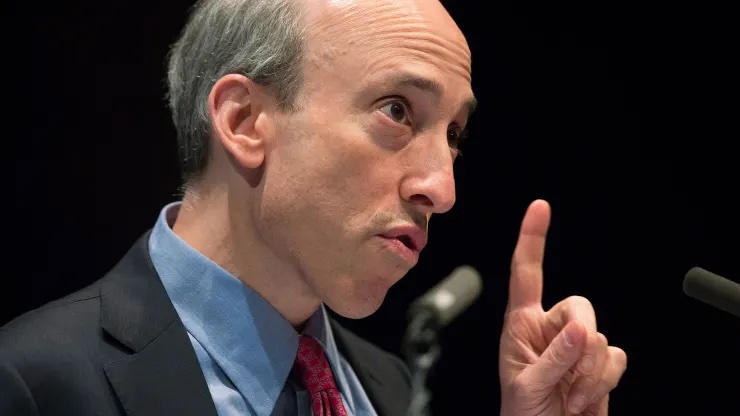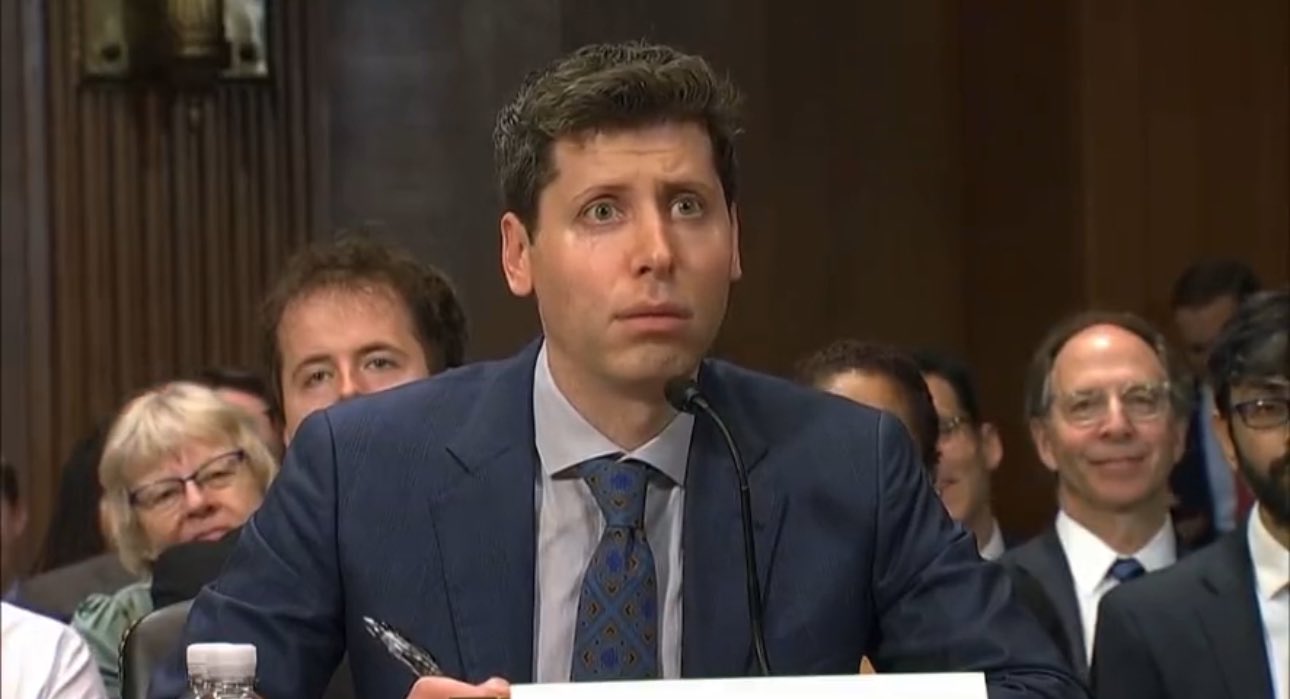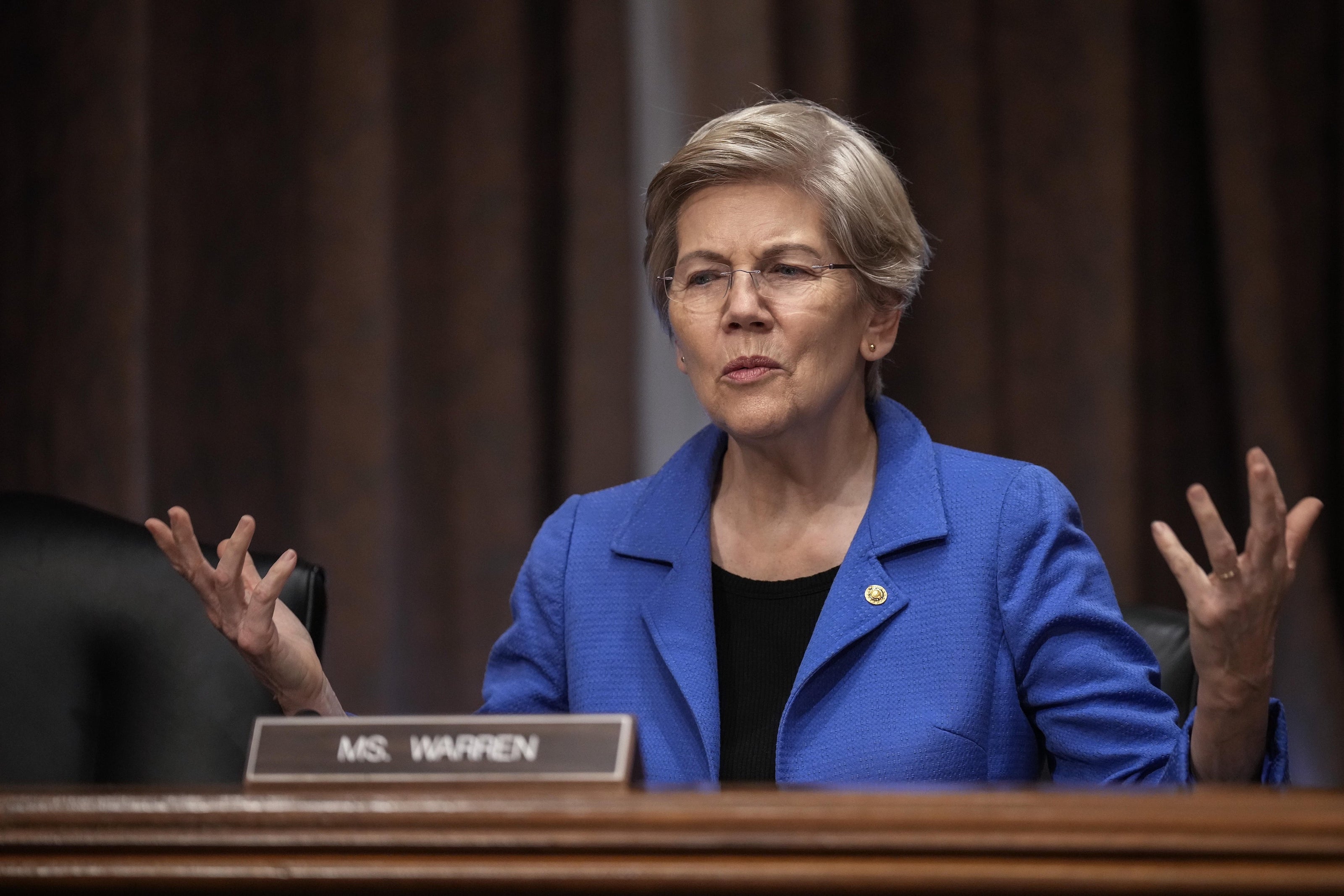CEO Sam Altman is stepping down from his position at OpenAI, the renowned company behind the popular ChatGPT conversational bot. The departure follows a thorough review process by the board of directors, revealing concerns about Altman’s consistency in communication and hindrance to the board’s oversight duties. Consequently, the board has lost confidence in Altman’s leadership.
OpenAI has appointed Mira Murati, the current Chief Technology Officer, as the interim CEO. Altman expressed appreciation for his time at OpenAI, acknowledging its transformative impact on him and the world. He hinted at sharing more about his future plans later.
Following Altman’s departure, OpenAI’s President and Co-founder Greg Brockman also announced his resignation, emphasizing his continued belief in the mission of creating safe artificial general intelligence (AGI).
Founded as a non-profit in 2015, OpenAI gained prominence with the release of ChatGPT to the public a year ago. The chatbot has since garnered over 100 million weekly users. The company’s exponential growth has been underscored by its projected revenue of over $1 billion through AI product sales as of October.
In January, Microsoft deepened its investment in OpenAI with a $10 billion commitment, building on a four-year relationship that began with a $1 billion investment. OpenAI’s AI products, including ChatGPT, integrate with Microsoft’s Bing search engine.
Sam Altman, in various public appearances, emphasized the potential benefits and risks of artificial intelligence. He acknowledged AI’s capacity to improve lives while cautioning about the associated risks. In his congressional testimony in May, Altman highlighted the positive features of the latest ChatGPT version, GPT-4, but advocated for government intervention to regulate increasingly powerful AI models. Altman suggested the implementation of licenses or safety requirements to mitigate risks associated with advanced AI technologies. The departure of key figures at OpenAI marks a significant development in the organization’s leadership, raising questions about its future direction and ongoing initiatives in the rapidly evolving field of artificial intelligence.
